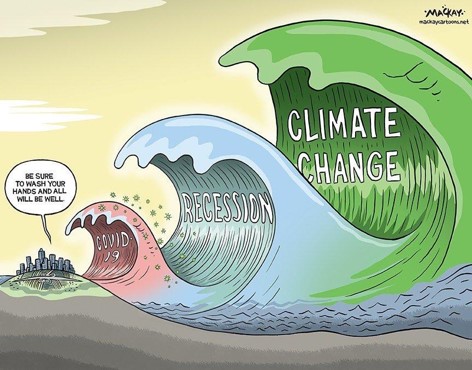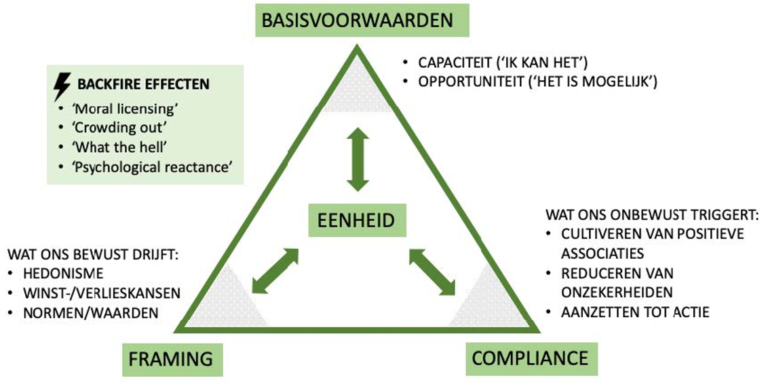Professor of Psychology for Sustainable Cities
Reint Jan Renes
- Amsterdam University of Applied Sciences (HvA)
- r.j.renes@hva.nl
- Work package 7: The Human Factor
- Applied cognitive psychology, Behavioural change for sustainability



With knowledge from behavioural science NEON work package 7 installs the human factor into the (technology oriented) work packages 1 to 6.
Most companies and researchers in the renewable energy domain have a strong technical focus, but in order to determine to what extent technological solutions (developed within the NEON work packages 1 to 6) are desired or acceptable (e.g. how much people are willing to pay for them or are willing to use them), we need to determine individual preferences of the relevant groups. Think of NIMBY (Not In My Back Yard) arguments regarding wind and solar, or the level of comfort in MaaS (Mobilty as a Service). Whether these social concepts are taken into account when developing technologies and modelling societal change could make or break the development.
So, in order to make NEON a success, it is essential that we take the human factor into account when developing new technologies.

I think this is one of the toughest questions for now. It goes without saying that we would like to collaborate with scientists in all six technical work packages and that we are very happy to provide input to Floor Alkemade’s agent-based model. However, how we are going to give concrete shape to this cross-disciplinary collaboration is something we still have to find out.
We will therefore mainly have to take time to take note of what is going on in the other work packages and to properly understand how we can make a meaningful, reciprocal contribution to this.